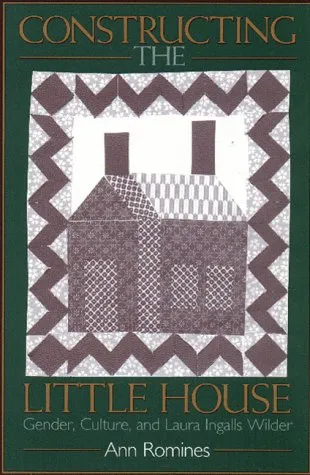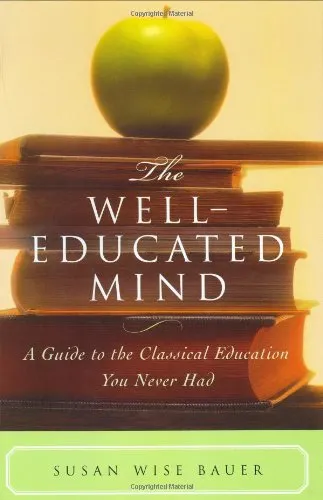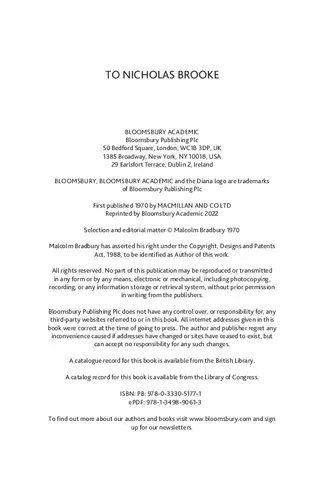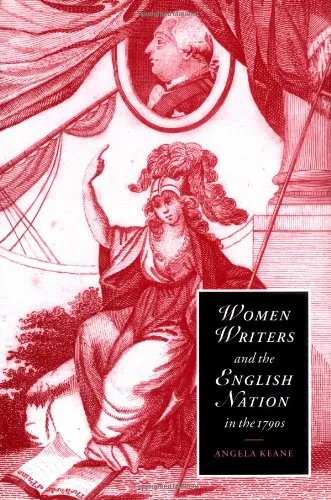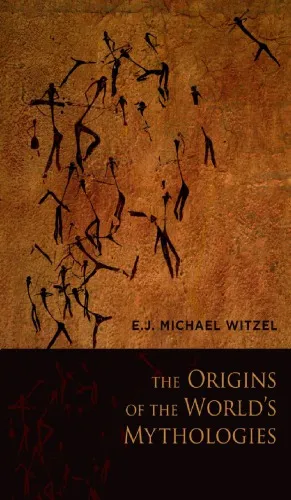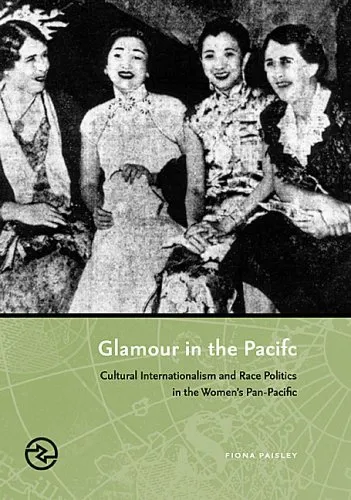Constructing the Little House: Gender, Culture, and Laura Ingalls Wilder
4.5
Reviews from our users

You Can Ask your questions from this book's AI after Login
Each download or ask from book AI costs 2 points. To earn more free points, please visit the Points Guide Page and complete some valuable actions.Related Refrences:
Welcome to Constructing the Little House: Gender, Culture, and Laura Ingalls Wilder, a meticulously researched and thought-provoking book that explores the multifaceted world of Laura Ingalls Wilder's "Little House" series. Written by Ann Romines, this work delves deep into the gender roles, cultural dynamics, and historical contexts surrounding one of America's most beloved literary icons. By examining how Wilder constructed her autobiographical fiction, this book illuminates how the "Little House" books are not just charming stories of pioneer life but also compelling reflections of gender, culture, and identity in American history.
Detailed Summary of the Book
Constructing the Little House examines Laura Ingalls Wilder’s "Little House" series from an academic standpoint, framing it as both a nostalgic retelling of the American frontier and a cultural artifact shaped by societal norms and expectations. Ann Romines dismantles the simplicity of Wilder's narratives to uncover their complex layers of meaning. She interprets the stories as a performance of femininity, a blueprint of idealized pioneer identity, and a response to the cultural pressures surrounding Wilder and her readership during the twentieth century.
Romines analyzes the interplay between the literary texts and their historical contexts. She discusses how the enduring appeal of the "Little House" books lies in their ability to articulate a vision of resilience and self-reliance amidst challenges, while also reinforcing traditional gender roles. Through highly detailed readings, the book examines characters like Ma Ingalls, Pa Ingalls, and Laura herself, revealing the ways in which their behaviors, beliefs, and struggles reflect larger questions about womanhood, domesticity, and cultural memory. Moreover, the book sheds light on Wilder's collaboration with her daughter, Rose Wilder Lane, highlighting how Lane's editorial interventions shaped the series' themes and tone.
Key Takeaways
- Laura Ingalls Wilder's "Little House" series serves as more than just children's literature; it is a cultural artifact that reflects the gender roles and social dynamics of its time.
- The portrayal of characters like Laura and Ma reveals tensions between individuality and conformity within the constraints of nineteenth-century pioneer life.
- Romines offers a compelling critique of the performative aspects of femininity in the series, showcasing how Wilder grapples with domestic ideals and cultural expectations through her storytelling.
- The collaboration between Laura Ingalls Wilder and her daughter, Rose Wilder Lane, played a crucial role in the structuring and messaging of these books.
- This study challenges readers to reconsider how the "Little House" books both celebrate and critique the ideals of self-reliance, community, and progress.
Famous Quotes from the Book
“The ‘Little House’ books are not just childhood memories but a performance of identity, a dance between the constraints of gender and the freedoms of fiction.”
“Laura Ingalls Wilder did not merely document her past; she reconstructed it, polishing memories into symbols of resilience and endurance.”
“Through Ma Ingalls, we see the burdens of domesticity but also its quiet power: the creation of a home as a sanctuary on the untamed prairie.”
Why This Book Matters
Constructing the Little House is an essential contribution to literary studies, American history, and gender studies. It provides readers with an invaluable lens through which to view the "Little House" series as both a reflection and a critique of cultural norms. By uncovering the historical and ideological layers within these seemingly simple stories, Romines encourages readers to critically engage with beloved literary works in new and thought-provoking ways. Most importantly, the book underscores the relevance of historical narratives in shaping and perpetuating our understanding of gender roles, family dynamics, and cultural identity.
For fans of the "Little House" books, Constructing the Little House offers a richer and more nuanced appreciation of Wilder's work. For scholars and educators, it stands as a cornerstone for analyzing the intersections of literature, history, and gender. By peeling back the layers of nostalgia, Romines reveals a deeper story—a story that is both timeless and deeply rooted in a specific cultural moment. This makes the book an indispensable resource for anyone interested in the complexities of pioneer mythology, literary construction, and societal roles in the shaping of personal and collective identities.
Free Direct Download
You Can Download this book after Login
Accessing books through legal platforms and public libraries not only supports the rights of authors and publishers but also contributes to the sustainability of reading culture. Before downloading, please take a moment to consider these options.
Find this book on other platforms:
WorldCat helps you find books in libraries worldwide.
See ratings, reviews, and discussions on Goodreads.
Find and buy rare or used books on AbeBooks.
1311
بازدید4.5
امتیاز0
نظر98%
رضایتReviews:
4.5
Based on 0 users review
Questions & Answers
Ask questions about this book or help others by answering
No questions yet. Be the first to ask!
